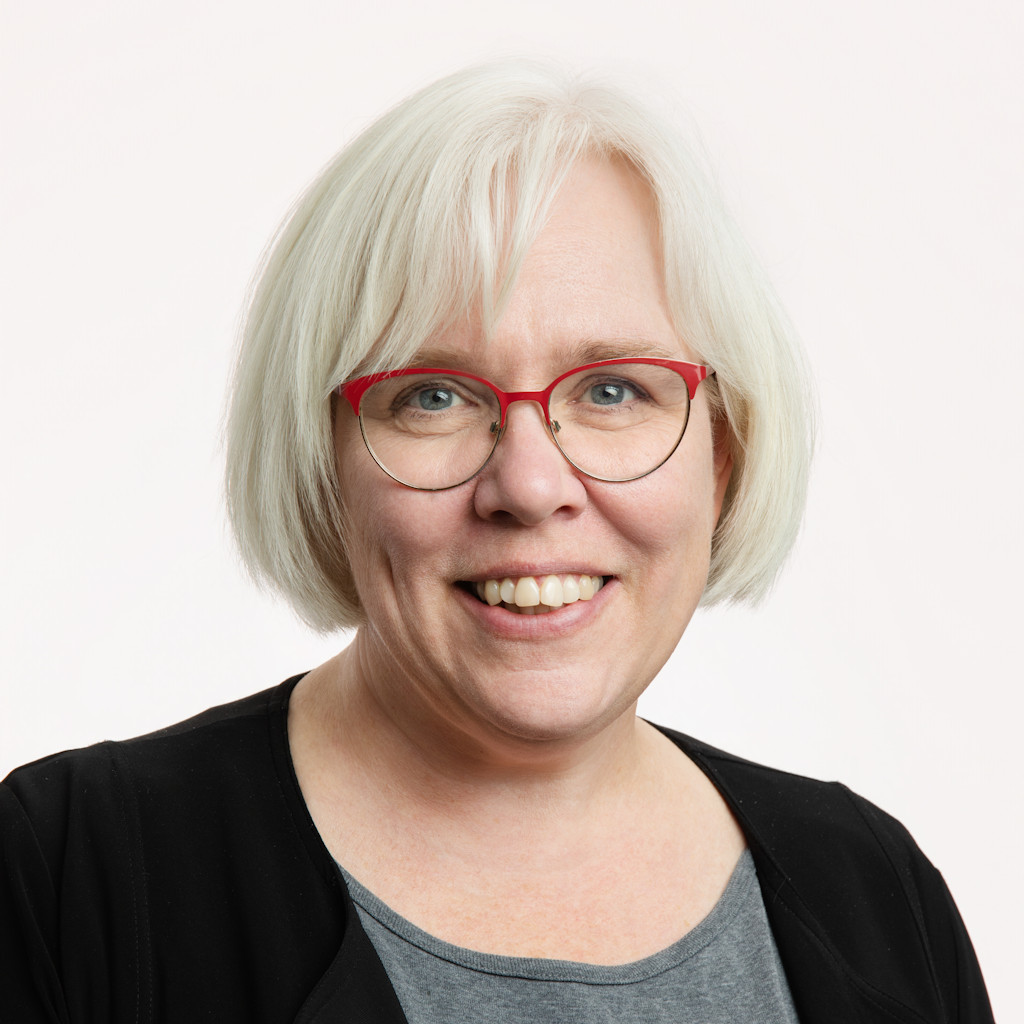
Gummy startup offers sweet alternatives to pills and tablets
If you've ever let bottles of vitamins languish in your medicine cabinet, you've probably switched to gummies — an Edmonton startup is banking on it.
Gummy Nutrition Lab is Alberta's very first manufacturer of nutraceutical gummies (not to be mistaken for cannabis gummies), which now dominate health supplement sales worldwide. Founded in 2019 by food scientist Jolene Ali, the Edmonton company joins a burgeoning global industry worth billions (US$6.4 billion in 2021, by one estimate).
The reason for the surge in gummy popularity boils down to taste, Ali told Taproot. While people often dislike the taste of chewable tablets or the feeling of swallowing pills, they gobble gummy vitamins like candy. "People like to take gummies, so they take them more often," said Ali. So rather than losing a bottle at the back of a cabinet, a consumer is more likely to finish their gummy vitamins and run to the store for more.
The demand for gummy nutraceuticals — not just vitamins, but health supplements like omega-3, probiotics, and melatonin, among others — has been growing rapidly in the past decade, but especially during the pandemic, when many of us scrambled to boost our immune systems with vitamins. But Ali first became aware of the gummy trend 15 years ago when she was manufacturing her own line of tablet-based prenatal and pregnancy supplements, which she sold across Canada and at her Edmonton-area Sweet Momma pregnancy spas (a business she sold in 2013).
However, it wasn't just market growth that motivated her to launch Gummy Nutrition Lab in 2019. As a food scientist, she knew that Alberta's dry climate made it the ideal place to manufacture gummy products. In more humid places, gummy manufacturers need to run dehumidifiers constantly to ensure gummies are able to dry after they've been cooked.
On top of this, Ali knew she'd have good access to raw ingredients, like the pea fibre that forms the base of every gummy. "It acts very similar to corn syrup in candies as it provides a nice softness and has a low calorie density, so we can make a very delicious low-sugar gummy," she said.






